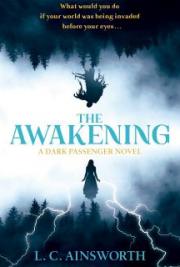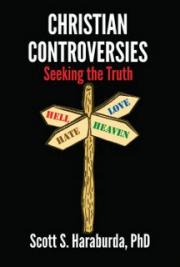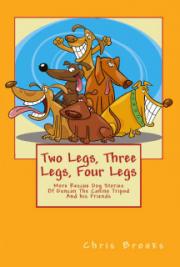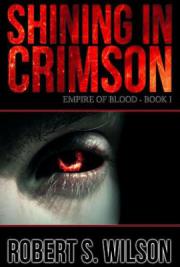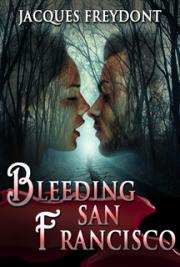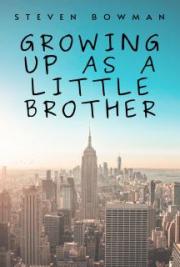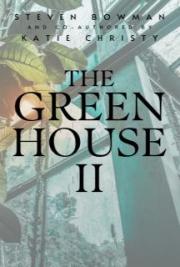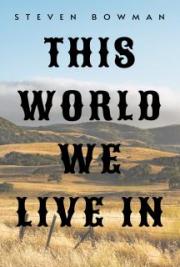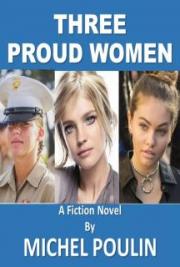Whether you are a student doing GCSE, A Levels or a Degree in English Literature, you will be expected at some point to compare and contrast poems within an essay.
In this article, we will briefly explain how to compare and contrast two or more poems, the best way to construct an essay and ways to gain more marks within an exam or through coursework. Some tips have been provided by Learn Now Distance Learning College.
Comparing poems
Sometimes whilst studying English, you will be asked to compare two, three or even four poems. Poems are taught for the following reasons:
- They boost language skills as the vocabulary can be rich and unusual. They can also help improve your pronunciation, rhythm and stress patterns.
- Boosts creativity by teaching figurative language
- When you memorise a poem, it improves memory and fluency building confidence.
- Helps individuals to understand culture, history and values.
How to prepare for your poetry essay
Make absolutely sure you read the question through before attempting a start. It’s amazing how many learners year after year lose out simply because they’ve failed to answer what is asked of them in the question.
So, having made sure what the question wants from you, the first thing you have to do when comparing poems is to read each poem through carefully in order to understand the general meaning of what the poet is trying to say.
Write down any first impressions and any obvious similarities and differences.
You may want to annotate each poem—making notes at the side of the poem, underlining lines or words that you feel make an effect. Compile notes for each poem ready for later use.
Once you have read and annotated each poem, the next step is to think about an introduction for your essay.
Write an introduction for a poetry essay
Start using comparative words as soon as you can. Make it clear that this is what you’ll be doing from the outset.
Give a brief explanation of each poem, with title and poet, and link them to the keywords of the question.
If you have four poems to compare, it’s better to focus on A and B and give brief ideas about C and D.
Key components of your poetry essay
- Clear writing
- Grammatically correct writing
- Use of comparative words such as . . . this demonstrates, in contrast to, as opposed to . . . (see table list below for connecting words) linked to the question keywords
- Comparisons using S.M.I.L.E. or F.I.E.L.D. (see immediately below)
- An understanding of the ideas in the poem backed up with text, original ideas and opinion
- Quotes from the poem—these should be embedded smoothly into your essay, but don’t use too many
- A final read-through (make corrections where appropriate)
Two Useful Mnemonics for a Poetry Essay: S.M.I.L.E. and F.I.E.L.D.
A mnemonic is a familiar group of letters to help you memorise something through association with those letters. For example, to help you compare the poems and to write the essay, these two acronyms may come in handy:
SMILE: Structure, Meaning, Imagery, Language, Effect
FIELD: Form, Imagery, Effect, Language, Device
Note: Here, structure=form and device=poetic device, such as alliteration, metaphor, enjambment and so on.
How to Compose a Thesis Statement
A thesis statement is a short, yet concise paragraph that sets out an argument, analysis or idea and sums up what your essay will be concentrating on.
Don’t forget the thesis statement can be revised at the end of your essay to reflect what’s in the essay.
The statement should appear at the end of the first large paragraph ideally.
It should have a strong ‘base’ from which to launch to your essay.
Writing an essay conclusion
The conclusion should contain:
- a summary of your thoughts on each poem
- the important links between each poem
- what works and doesn’t work
- what effect the poems have had on you
- your original ideas about the poems



